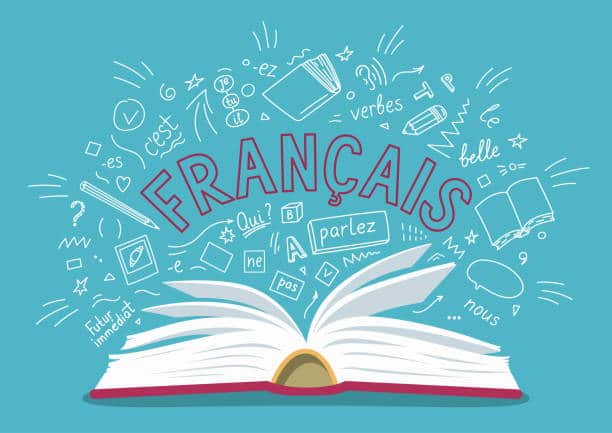30 Romantic French Quotes About Love (with English Translations)

French is often said to be the language of love.
So of course there are many beautiful French quotes …

French is often said to be the language of love.
So of course there are many beautiful French quotes …

Ah, the old vicious internet cycle.
Too many of us end up trapped here. Heck, you might even be trapped …

Mornings. It may seem like you can’t live with ’em, but one thing’s for sure: You definitely can’t live without …

French fluency can only be achieved with loads of great conversation practice with native speakers.
But why is conversational French …

French is the first language I ever studied and France was the first country I ever visited, so my love …

Emails are a part of everyday life.
And there’s a right way and a wrong way to write one.
This …

To become a maverick of the French language, you need to have an understanding of French grammar and enough vocabulary…